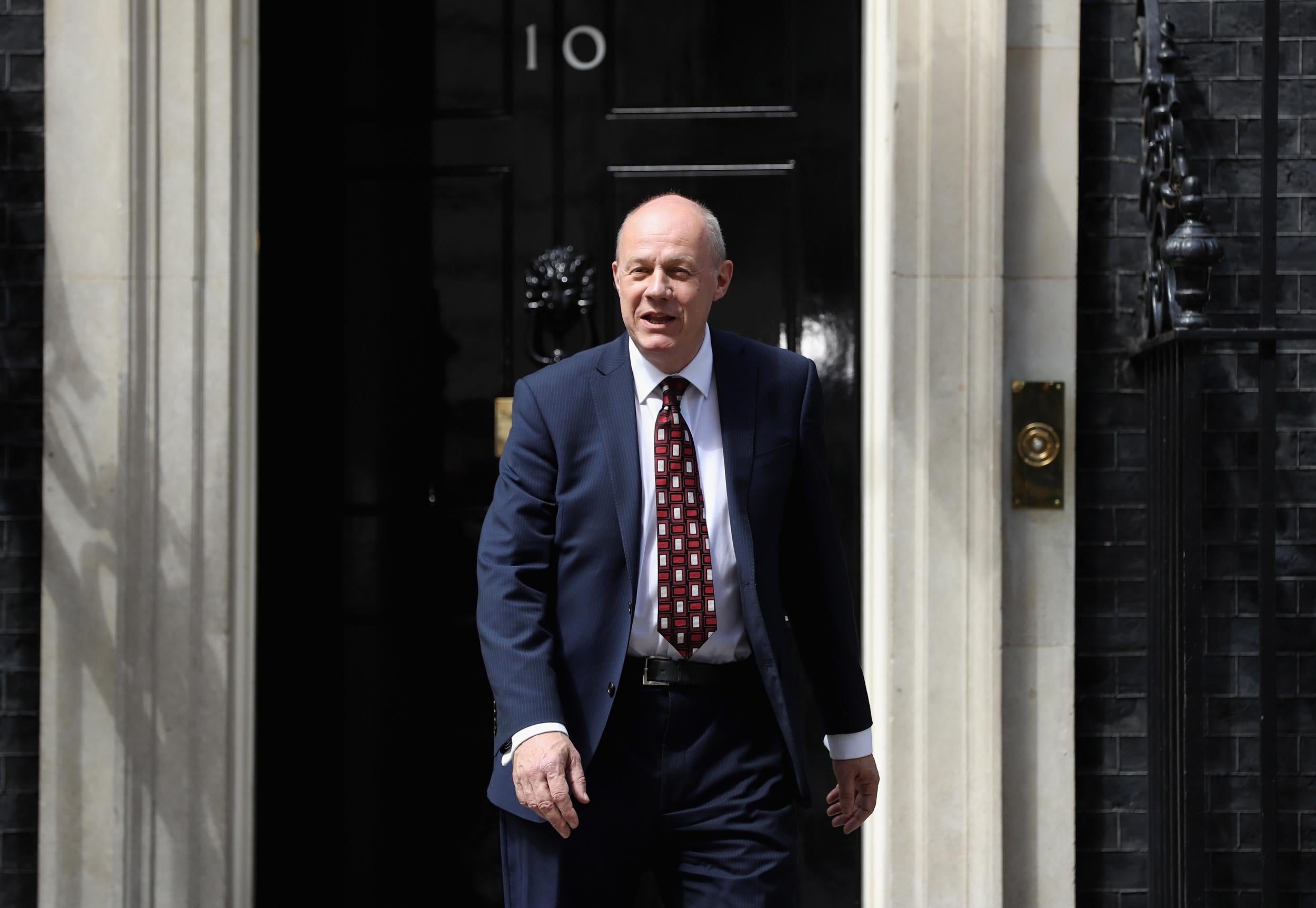Your support helps us to tell the story
From reproductive rights to climate change to Big Tech, The Independent is on the ground when the story is developing. Whether it's investigating the financials of Elon Musk's pro-Trump PAC or producing our latest documentary, 'The A Word', which shines a light on the American women fighting for reproductive rights, we know how important it is to parse out the facts from the messaging.
At such a critical moment in US history, we need reporters on the ground. Your donation allows us to keep sending journalists to speak to both sides of the story.
The Independent is trusted by Americans across the entire political spectrum. And unlike many other quality news outlets, we choose not to lock Americans out of our reporting and analysis with paywalls. We believe quality journalism should be available to everyone, paid for by those who can afford it.
Your support makes all the difference.The Government is refusing to review a new cap on people’s benefits despite the soaring costs of goods in the wake of Brexit, a cabinet minister has confirmed.
Damian Green said he would not take into account rising prices in setting the level of the cap, which drops today from £26,000 to £23,000 in London and to £20,000 outside the capital.
The Work and Pensions Secretary’s admission came as major food producers confirmed struggling families could be hit by price rises due to the falling strength of the pound – it has plummeted 18 per cent against the US dollar since June's Brexit vote.
Asked whether the cap could be adjusted if inflation jumped above two and a half per cent, for example, Mr Green said: "There’s no intention to reconsider the cap".
He argued that the new cap is necessary to ensure that households on benefits do not earn more than those with individuals in work.
The new drop in annual limits on welfare payments to unemployed households was announced by George Osborne before he left the Treasury. It could lead to some families losing more than £100 a week.
Around 20,000 families are currently capped by an annual limit of £26,000, or £500 a week, on total household benefits, which was introduced in 2013.
The new lower cap is set to bring an explosion in the numbers affected to around 64,000 households.
Nearly two thirds of those hit are single mothers, according to the GMB union.
For single people without children the cap will fall to £15,410 in Greater London and £13,400 across the rest of the UK.
According to the Department for Work and Pensions, the 23,500 households who previously had their benefits capped have moved into work since 2013.
But analysis by the Institute for Fiscal Studies suggests that "the majority of those affected will not respond" to the tougher cap by moving into work or moving house.
"For that majority it is an open question how they will adjust to the loss of income," it said in a report.
Walkers, owned by US giant PepsiCo, has said that "the weakened value of the pound" is affecting the import cost of some of its materials.
Birds Eye, owned by New York-listed Nomad Foods, says its products are priced in dollars, so the pound's fall means sterling costs have risen.
Walkers and Birds Eye want to increase the price they charge retailers for their products, but it will be up to the supermarkets whether or not to pass these onto consumers.

Join our commenting forum
Join thought-provoking conversations, follow other Independent readers and see their replies
Comments